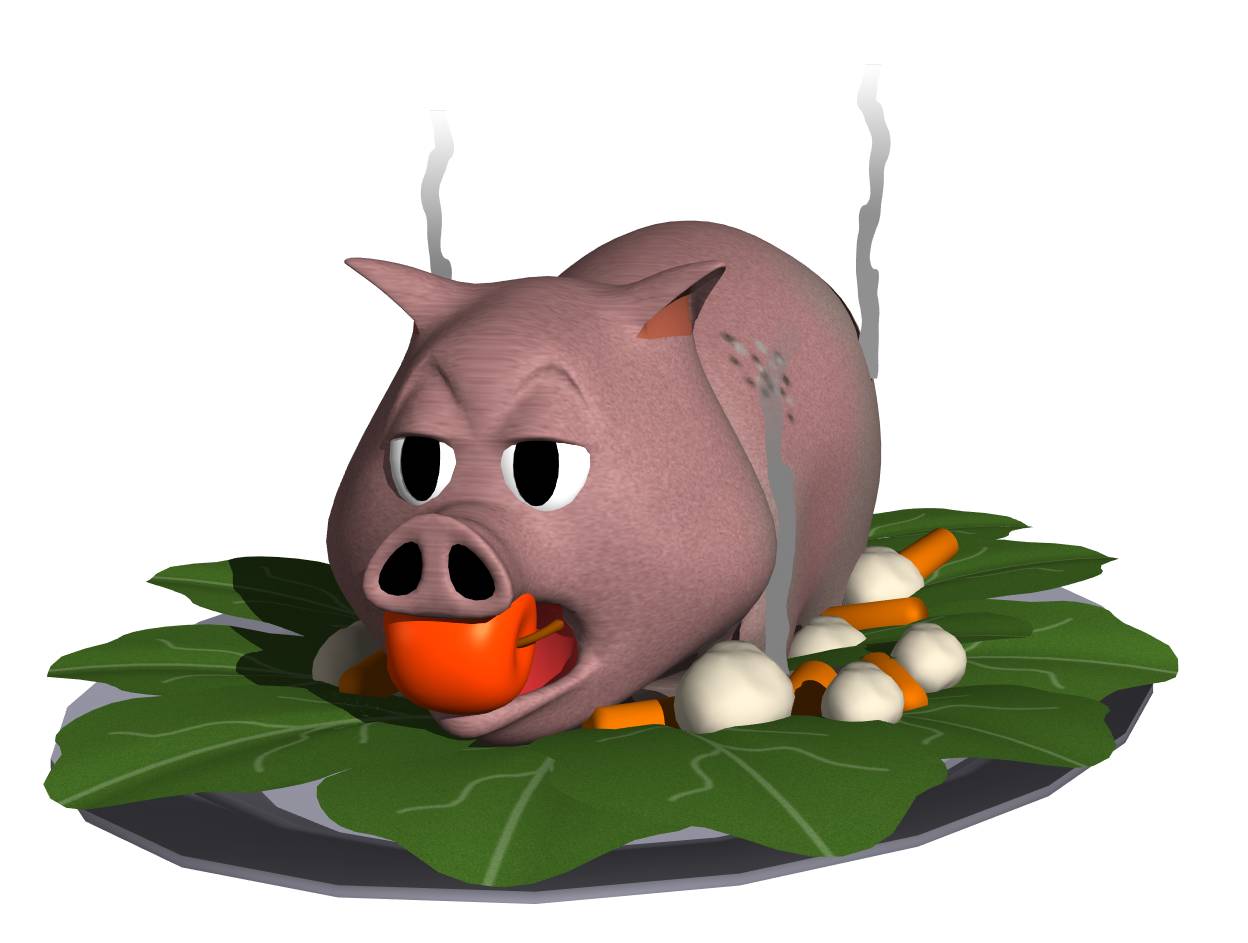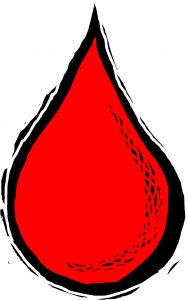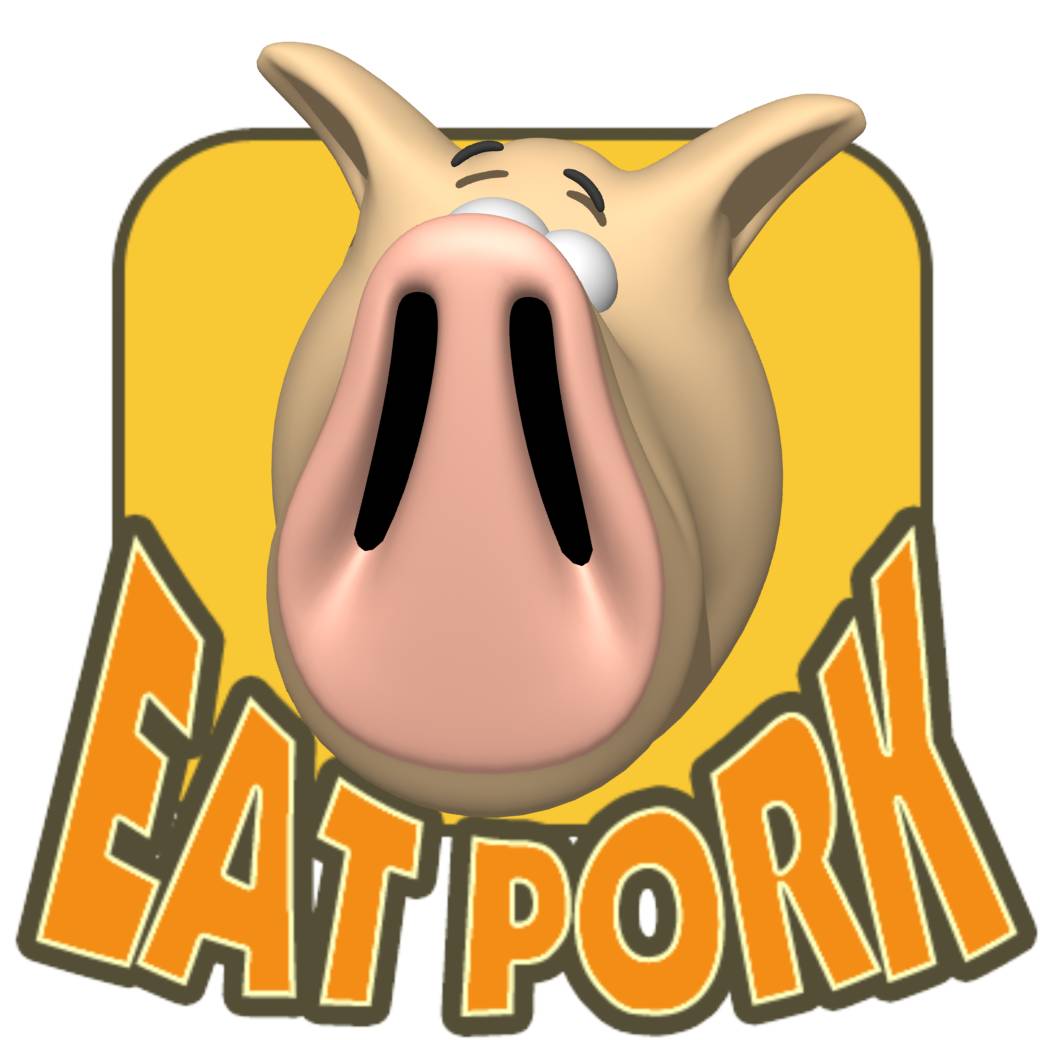
Leviticus 11:1–47, The biblical dietary laws are about holiness. Let’s briefly discuss the subject of clean and unclean meats. The focal point of biblical dietary laws are holiness and separation. There are other issues here that need to be explored as well. How serious are you about obedience to YHVH’s commands, or is your belly your god? (See Phil 3:19; Rom 16:18.) Do your taste buds or the Word of YHVH rule your life? Remember, Torah covers all aspects of life: physical, spiritual, emotional, relational, civil, agricultural, political, jurisprudence, religious and economic. Torah is a very holistic handbook on life. Are you one who takes the (humanistic) pick-and-choose approach to Torah-obedience? “I’ll obey only the biblical laws that suit me.” Such an approach is akin to what the serpent told Adam and Eve when he said, “You can have it your way … YHVH didn’t really mean what he said when it comes to obedience.”
The biblical kosher laws involve many areas such as health issues, holiness (not defiling the body, the temple of YHVH’s Set-Apart Spirit), and separation issues—how we’re to act, live, eat, worship, think, dress and talk differently than the heathens around us. The word kosher derives from the Hebrew word kasher (Strong’s H3787) meaning “to be straight, right, acceptable” (see Est 8:5; Eccl 11:6; 10:10). YHVH has called his people out of this world and sanctified (set-apart) them to be “straight, right and acceptable” to him. Therefore, YHVH hasn’t give us the liberty to act, speak, dress, eat and live the way the heathens do. He has called us to a higher moral and spiritual standard. We can’t expect to be called the children of the Most High, and still live like the children of the world. We must choose whom we are going to serve (see Josh 24:15): YHVH or mammon and this world (Matt 6:24).
Leviticus 11:4, 47, Unclean. The word unclean is the Hebrew word tameh meaning “defiled, impure, polluted ethically, ritually or religiously” and the word clean is the Hebrew word tahor meaning “pure physically, ceremonially, morally, ethically.” In verse 43, YHVH says that in eating unclean meats one becomes abominable (or detestable, filthy). In Ezekiel 22:26, YHVH rebukes his people because, “Her priests have violated my Torah-law, and have profaned my set-apart (Heb. kadosh) things: they have put no difference between the set-apart and profane, polluted or common, neither have they shown difference between the unclean and the clean, and have hid their eyes from my sabbaths, and I am profaned among them.” In Leviticus 11:45, the Torah states, “For I am YHVH that brought you up out of the land of Egypt, to be your Elohim. You shall therefore be set apart, for I am set apart/holy.”
In 2 Corinthians 6:16–17, we read:
And what agreement does the temple of Elohim have with idols? For you are the temple of the living Elohim; as Elohim has said, “I will dwell in them, and walk in them; and I will be their Elohim, and they shall be my people. Wherefore come out from among them, and be you separate,” says the Master, “and touch not the unclean thing; and I will receive you.” (emphasis added)
The issue of clean or pure and unclean, polluted or abominable meats is not simply a dietary or health consideration, but a spiritual issue with YHVH. Both Moses (Lev 19:2) and the apostolic writers had a clear sense of the fact that without holiness no one will see YHVH (Heb 12:14), and that holiness or being kadosh or set-apart from the ways, lifestyles, ideologies of this world (i.e. from spiritual Egypt) is an absolute requirement of YHVH for his people. Is it possible to spiritualize away the concept of set-apartness and still be true to the Word of Elohim? Can one be spiritually sanctified (set-apart) through the atoning work of Yeshua at the cross, but then have a polluted lifestyle? Can one profess a righteous lifestyle and be set-apart without walking out that lifestyle? Can one follow the spirit of the law and violate the letter and still be acceptable to YHVH? What did James say about faith without works (Jas 2:20)? What did Yeshua teach at the Sermon on the Mount (Matt 5–7) about uniting the letter and the spirit of the law and practicing both? (Specifically read Matt 5:21–48 for the answer.)
Leviticus 11:10, 20, 23, 41, 42, Abomination. Heb. sheqets (Strong’s H8263) meaning “a detestable thing or idol.” It can also mean “to make abominable” or “contaminate.” This word is also used in connection with idolatrous practices, either referring to the idols themselves as being abhorrent and detestable in Elohim’s sight, or to something associated with the idolatrous ritual (The TWOT, pp. 954–955; e.g. Jer 16:18; Ezek 5:11; 7:20; 2 Chron 15:8). Not only are the idols an abomination, but those who worship them become detestable as well (Hos 9:10). In fact, the word abomination in “abomination of desolation” as mentioned in Daniel 9:27 and 12:11 is the same Hebrew word. It is generally viewed that this prophecy was fulfilled when Antiochus Ephiphanes (a prophetic foreshadow of the Antichrist) set up an idol of Zeus in the Jerusalem temple (ibid.). It should be clear that when YHVH uses sheqets (or its cognates) in relationship to certain practices (e.g. eating unclean meats or idol worship) that he is attempting to impress upon his people the extreme gravity of the sins they are committing against him.
Leviticus 11:44, Be holy [Heb. kadosh], for I am holy [kadosh]. (See also verse 45; Lev 19:2; 20:26; 1 Pet 1:16.) How do we as redeemed believers initially become kadosh or set-apart? This occurs only through the blood of Yeshua, the Lamb of Elohim at the time of our salvation.
And from Yeshua Messiah, who is the faithful witness, and the first begotten of the dead, and the prince of the kings of the earth. Unto him that loved us, and washed us from our sins in his own blood. (Rev 1:5)
“Come now, and let us reason together,” says YHVH. “Though your sins be as scarlet, they shall be as white as snow; though they be red like crimson, they shall be as wool.” (Isa 1:18)
How does one stay set-apart or sanctified and stay in fellowship with a kadosh Elohim? This is accomplished by staying under the blood of Yeshua the Lamb and by confessing and forsaking sin (i.e. violation of the Torah-law of Elohim—1 John 3:4) on a regular basis:
If we say that we have fellowship with him, and walk in darkness [sin or Torahlessness], we lie, and do not the truth [i.e. Torah/YHVH’s instructions in righteousness], but if we walk in the light, as he is in the light, we have fellowship one with another, and the blood of Messiah Yeshua his Son cleanse us from all sin. If we say that we have no sin, we deceive ourselves, and the truth is not in us. If we confess our sins, he is faithful and just to forgive us our sins, and to cleanse us from all unrighteousness. (1 John 1:6–9)






